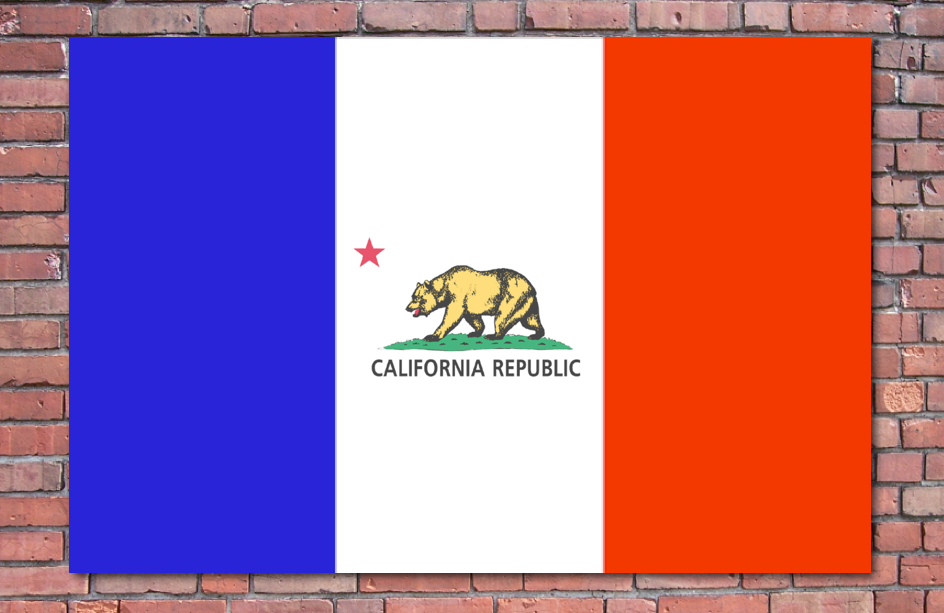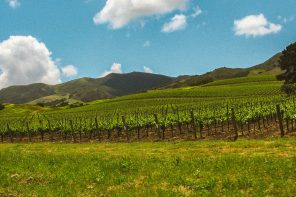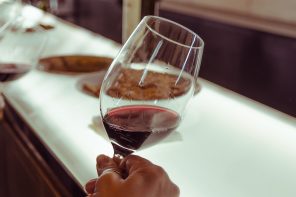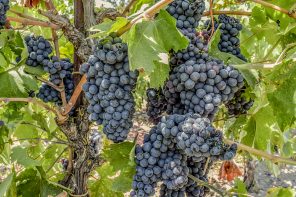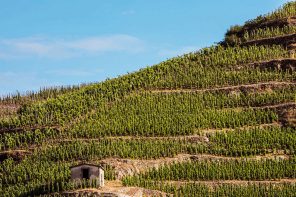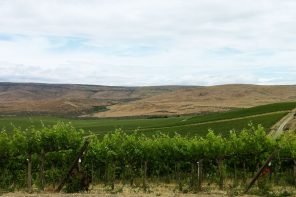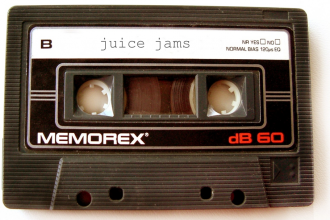What it meant for those crazy rebels in California. And the rest of the world.
Judgement sounds so final, severe… and scary, too. Just one tasting in 1976 (now called the Judgement of Paris) catapulted the California wine scene to prominence and reverence… much to the chagrin of many a Frenchman.
Let’s try to imagine this time in wine history. No internet or social media, no truly “global” wine market. France was King. “Terroir, terroir,” was all France had to say. They had the soil, they had the land and the tradition. Period. Who could argue?
France did (and does) produce some of the best and most age-worthy wines on the planet. But back then, no one had any recourse with which to challenge this notion. No Frenchman was ever going to fly to California to see what those hillbillies were up to. Nobody cared. That is, until Steven Spurrier decided to organize a tasting.
Steven owned a small wine shop and school in Paris, and he was intrigued by what he was hearing about California wine. The tasting was blind: no one knew what was being tasted. Spurrier recruited professional French tasters of the highest pedigree, who all seemed rather confident in continued French dominance.
The tasting was divided into ten whites and ten reds. Four California Chardonnays were pitted against six French Burgundies (made from Chardonnay grapes). In what can only be described as “the pop heard ‘round the world,” a Cali Chardonnay (the 1973 Chateau Montelena) took first place. But there was no #JudgementofParis #ChateauMontelena #goCalifornia yet.
Clearly alarmed at the results, Mr. Spurrier informed the judges that a California Chardonnay had won the first round. The judges scrambled, certain they could at least pinpoint the French reds from the Cali reds, but it was not to be. Finalement, a 1973 Stag’s Leap Wine Cellars “SLV” Cabernet Sauvignon took first place among the reds.
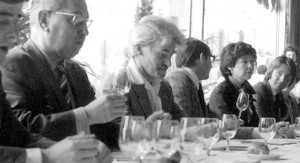
Sacre bleu! It’s from California?
In an instant, California wines went from “that’s a good wine… for California,” to “that is a world-class wine.” Pretend for a moment that you were a Californian winemaker. You’d spent years knocking on doors, trying to get someone to pay attention to all the hard work you put in… to the land, to the grapes, to the wine that you knew was good. Then one day- the entire world sat up and paid attention.
The rest is history. Between 1980 and 1990, the number of California wineries tripled, and the French promptly scurried over to California to see what sort of land they could buy. Très ironique, non?
The Paris Tasting was momentous in many ways, but the most important consequence of it was the affirmation of the notion that amazing wine could be made anywhere. If someone suggested in 1976 that South Africa, Argentina or even Portugal was capable of making world-class wine, it would have fallen on deaf ears.
So cheers to the underdogs, to those yet undiscovered and to those willing to go against the grain. Wine would be nowhere without you.

